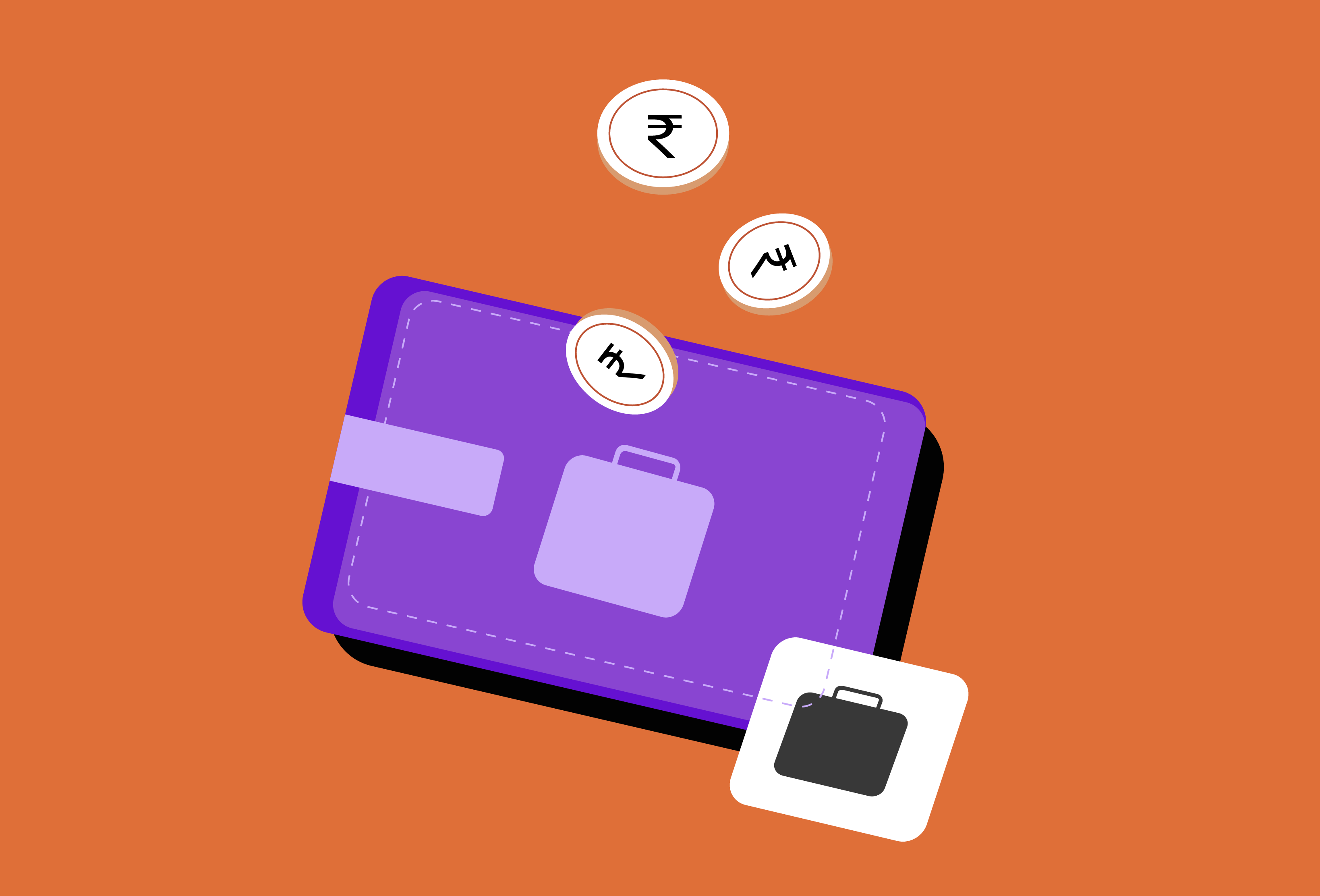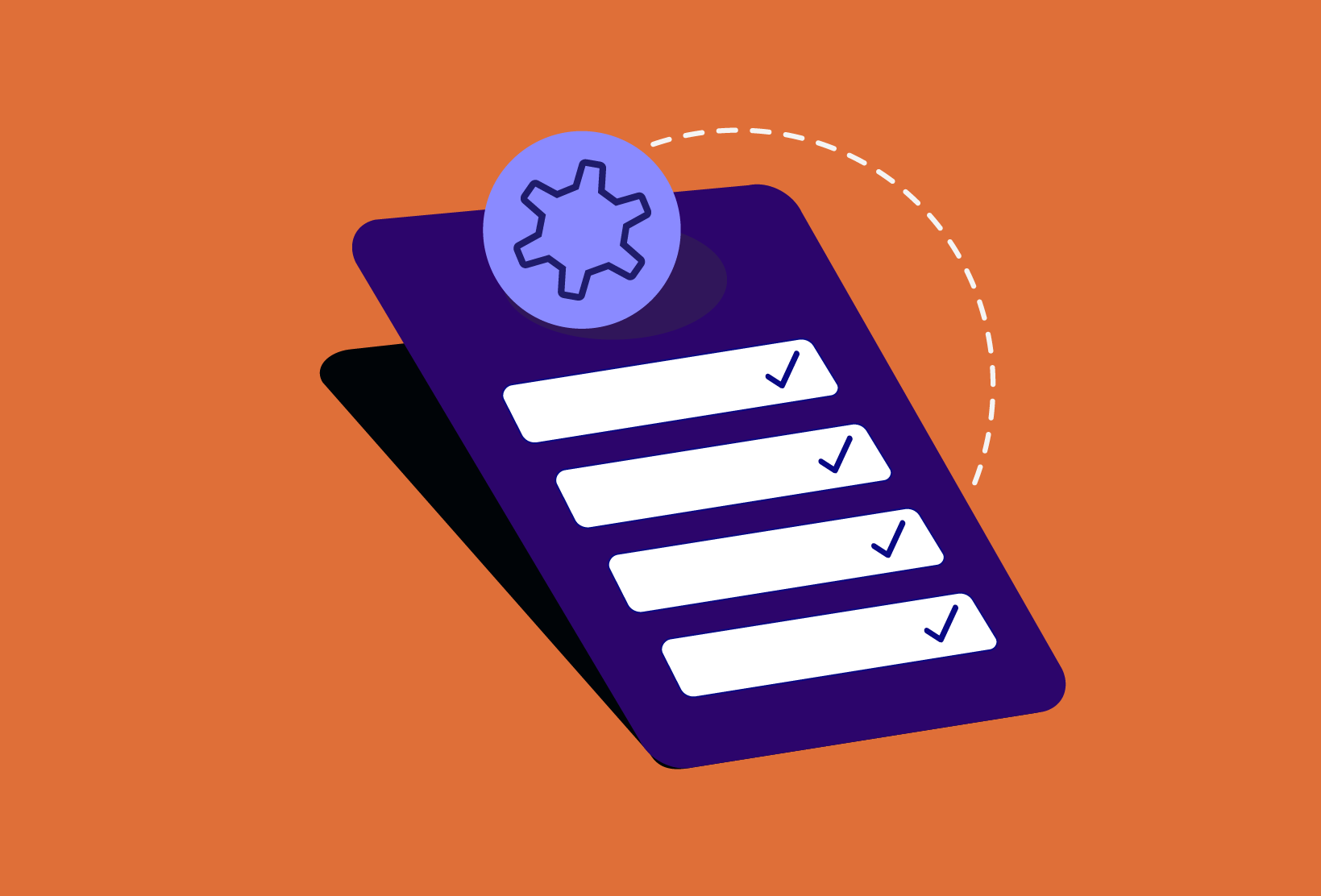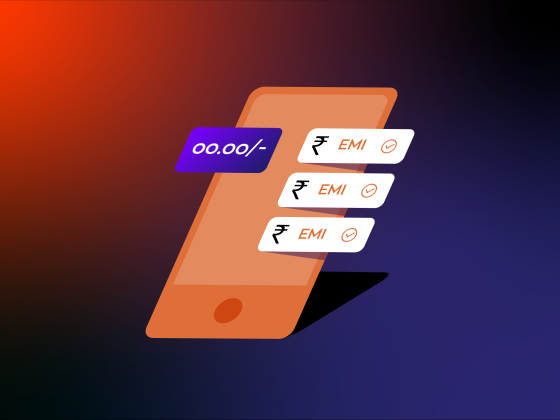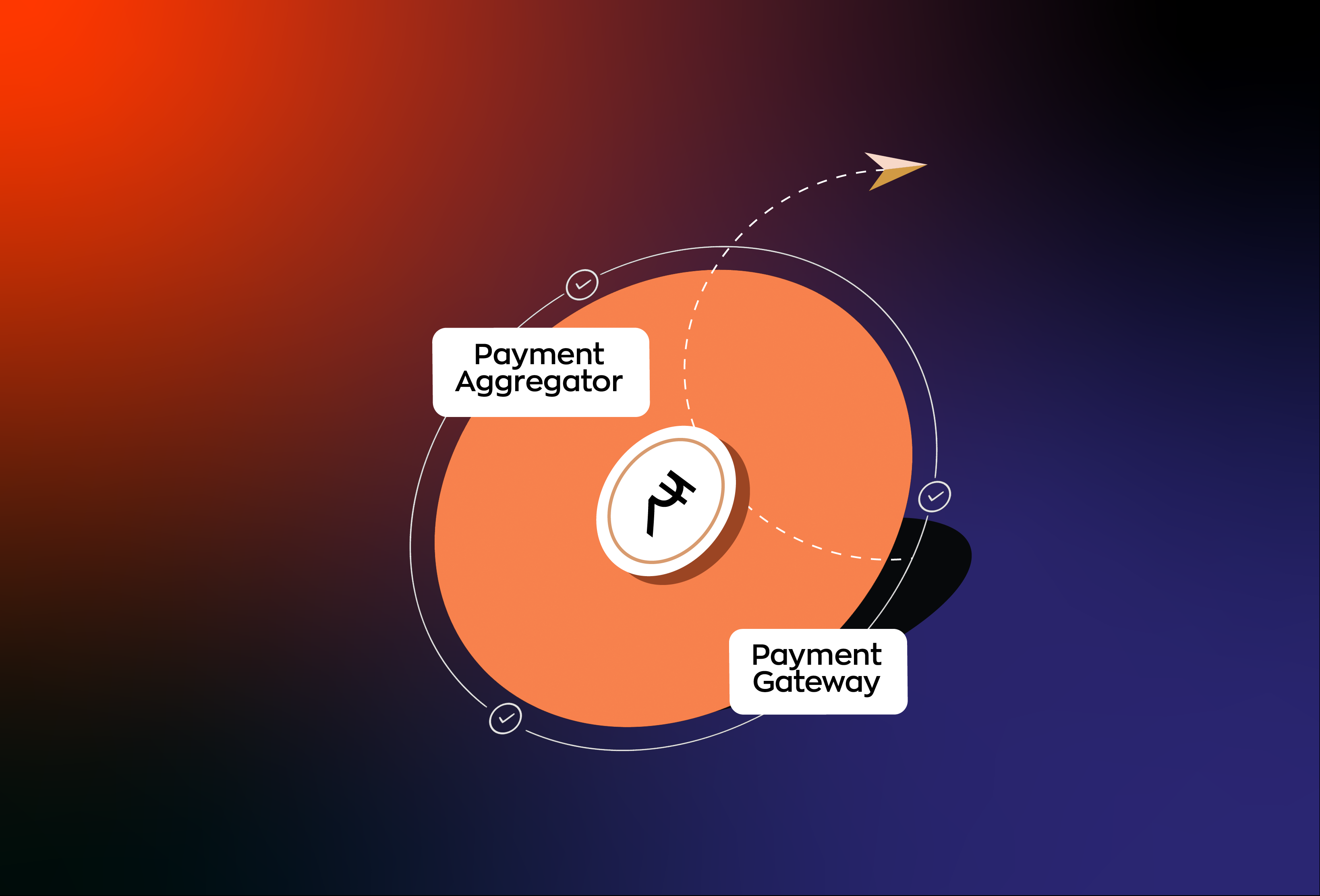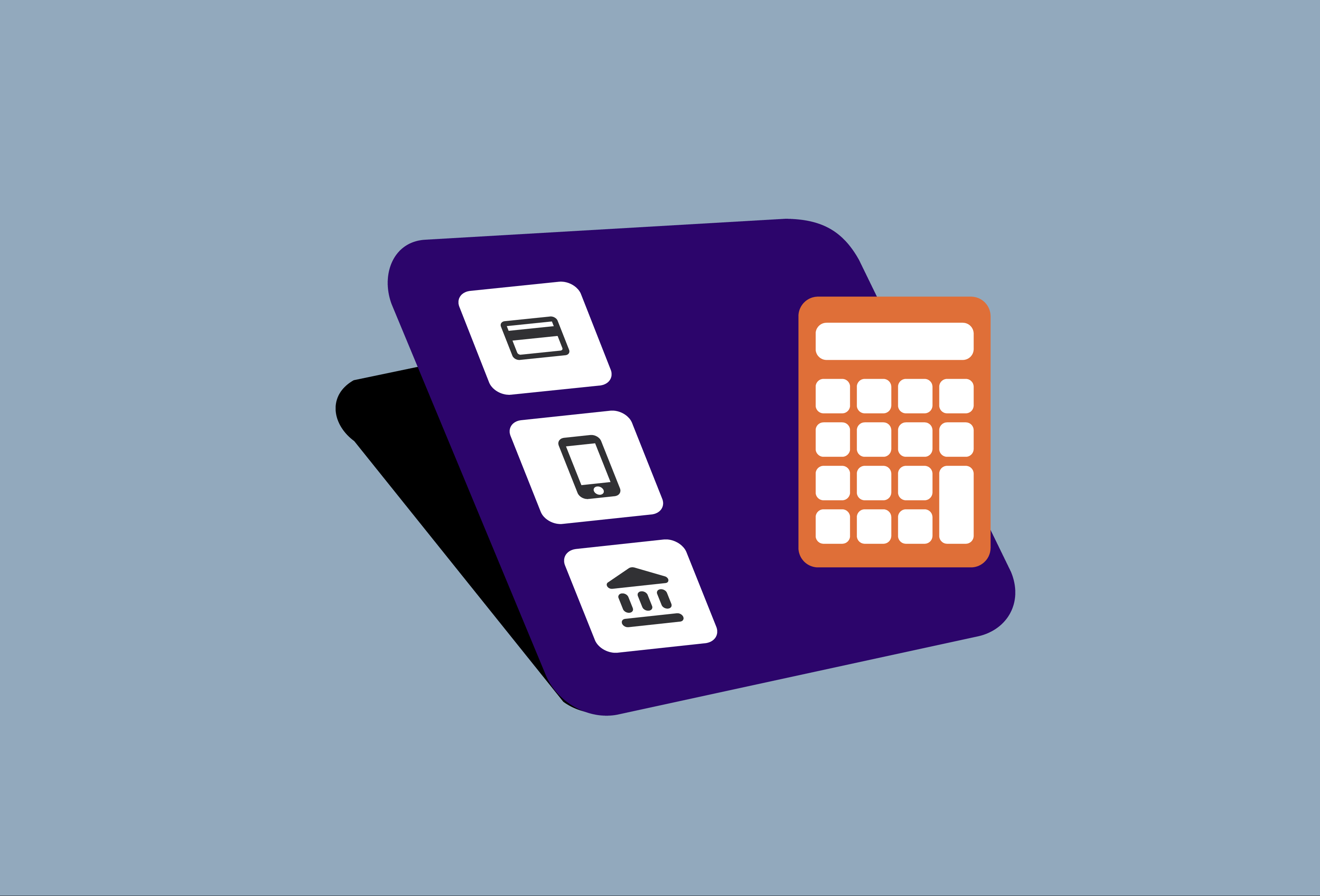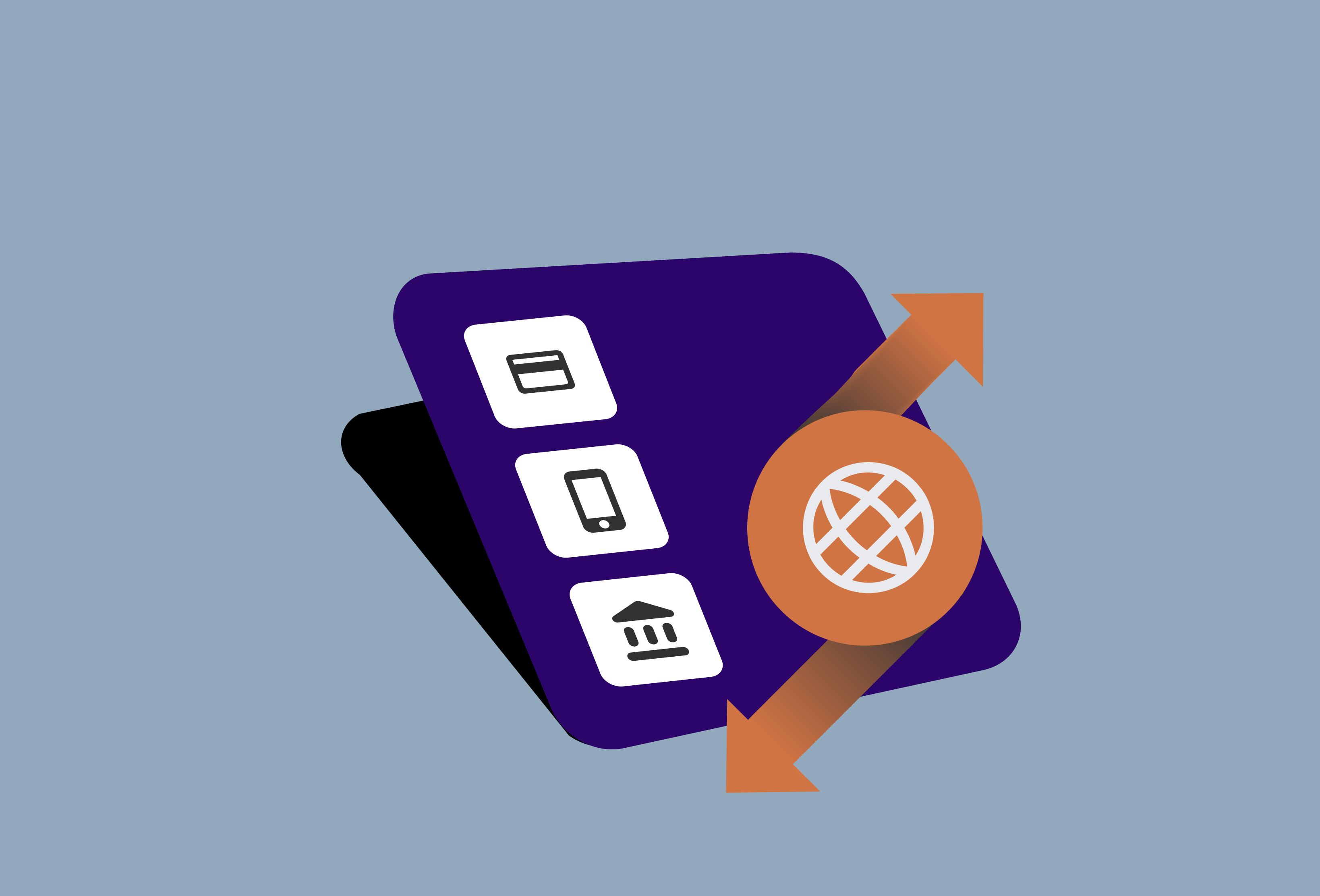The difference between a good business and a great business often lies in a few crucial percentage points—especially when it comes to your Transaction Success Rate (TSR).
What if we told you there’s a sophisticated, yet entirely automated, strategy that can quietly manage the chaos of India’s multi-layered payment ecosystem and push your TSR toward the elusive 99% mark?
Welcome to the world of Smart Routing for Payments. It’s not just a feature; it’s a fundamental shift in how you think about and execute online money collection.
What Exactly is Smart Routing for Payments?
In simple terms, Smart Routing for Payments (also known as Intelligent Routing or Dynamic Payment Routing) is an automated system that directs a customer’s payment transaction to the most optimal payment gateway or processor for a successful outcome.
Think of it like a highly intelligent, real-time traffic control system for your digital payments.
When a customer hits ‘Pay Now’ on your Indian e-commerce site, the transaction doesn’t just go to a single, fixed provider. Instead, our Smart Routing engine instantly analyzes a dozen factors—in milliseconds—and chooses the best path for that specific payment to succeed.
Why Static Routing Fails Indian Businesses
Before Smart Routing, businesses relied on Static Routing. This meant a simple, pre-set rule: send 100% of all payments to Gateway X. This worked… until it didn’t.
- Gateway Downtime: If Gateway X has a technical glitch or downtime, all your transactions fail. Revenue loss is 100%.
- Bank-Specific Issues: Some payment gateways might have a consistently lower success rate with specific Indian banks (like, say, a cooperative bank in the South). Static routing doesn’t adapt to this.
- Load Management: During peak sale events (think Diwali or a flash sale), a single gateway can get overloaded, leading to mass declines.
This inflexibility is a revenue killer, especially in a high-volume, dynamic market like India.
The Real-Time Intelligence Behind Payment Optimization
The power of Payment Routing is in its data-driven decision-making. It ensures that every transaction is sent to the processor that has the highest probability of approval, right now.
Here are the key variables the Zwitch Smart Routing engine evaluates in real-time to achieve superior Payment Optimization:
1. Gateway Performance and Health
This is the most critical factor. The engine constantly monitors the real-time performance and uptime of every integrated payment service provider (PSP).
- The Pro Tip: If Gateway A’s server for UPI transactions is temporarily slow but Gateway B’s is running smoothly, the Smart Router instantly sends the UPI payment through Gateway B. The customer is none the wiser, and your payment goes through.
2. Issuing Bank Specifics
Did you know that certain Indian banks consistently perform better with specific payment processors? The routing engine knows this historical data.
- Realistic Example: A customer is paying with a debit card issued by State Bank of India. The Smart Router detects this and directs the transaction to the processor that historically has a 95% success rate with SBI cards, rather than another that only manages 85%.
3. Payment Method Optimization
Different processors specialise in different methods. One might have a phenomenal success rate for NetBanking, while another is best for digital wallets (like PayTM or PhonePe).
- Actionable Insight: The system prioritizes the processor that specializes in the customer’s chosen method, ensuring they get the path of least resistance.
4. Transaction Amount and Type
High-value transactions often have stricter fraud checks and decline protocols. The Smart Router can be configured to send payments over a certain threshold to a gateway known for its robust and reliable high-value transaction processing.
Cascading Failover: The Ultimate Safety Net
The true genius in Smart Routing for Payments comes into play when the first attempt still fails. This is where the cascading failover mechanism steps in—a feature that can single-handedly recover a significant portion of lost revenue.
How Cascading Failover Saves Your Revenue
- Initial Failure: A transaction is sent to the optimal Gateway A and fails (e.g., due to a temporary soft decline or server timeout).
- Instant Retry: Instead of displaying an error to the customer, the Smart Routing system automatically and instantly retries the payment through a pre-configured secondary Gateway B.
- Customer Experience: For the customer, this entire process is seamless. They often don’t have to re-enter their details or face a confusing error screen. The system retries the payment with the same card/method on a different, healthier route, turning a potential failure into a success.
For an Indian business, this is a game-changer. Given the intermittent nature of bank networks, a second, or even third, automated retry via a different network can recover up to 10-15% of otherwise lost transactions. This is pure, found revenue.
The Tangible Benefits of Smart Routing for Your Indian Business
Implementing a sophisticated Dynamic Payment Routing strategy doesn’t just look good on paper—it impacts your bottom line immediately.
| Benefit | How Smart Routing Achieves It | Impact for a Small Indian Business (SMB) |
| Increased Revenue | Maximizes TSR by directing traffic to the most successful path. | 5% improvement in TSR on ₹1 Cr monthly sales means ₹5 lakhs more revenue. |
| Lower Transaction Costs | Routes high-volume traffic to the most cost-effective gateway based on negotiated rates. | Significant savings on MDR (Merchant Discount Rate) across high-volume payments. |
| Improved Customer Experience | Fewer failed payments lead to less friction, higher trust, and repeat business. | Reduces cart abandonment by frustrated customers. |
| Future-Proof Scalability | Easily integrate and manage new payment options and gateways without complex back-end changes. | Ready for the next UPI/Aadhaar/Wallet innovation without a costly tech overhaul. |
| Eliminate Vendor Lock-in | Gives you the flexibility to utilize multiple PSPs and switch based on performance, not fear. | You’re in control, not dictated to by a single payment provider’s technical limitations. |
Zwitch’s Intelligent API Suite: Taking Control of Your Payments
At Zwitch, we understand that building a resilient payments infrastructure is complex and resource-intensive. That’s why we’ve baked the most advanced Smart Routing for Payments capabilities right into our payment gateway.
It’s time to stop leaving money on the table due to avoidable payment failures. Unlock a truly seamless and highly converting payment experience for your customers.
Frequently Asked Questions (FAQs) about Payment Routing
Is Smart Routing only for very large businesses with high transaction volumes?
Not at all. While large enterprises benefit significantly, even a small e-commerce or D2C brand in India processing a few thousand transactions a month will see an immediate and measurable lift in their Transaction Success Rate. The recovered revenue from failed transactions alone often justifies the cost of platform integration.
Does implementing Smart Routing require us to change our entire checkout page?
No. With an API-based solution like Zwitch, the change happens entirely on the backend. Your customer-facing checkout experience remains the same, perhaps just connecting to a new single integration point. The Payment Routing logic works silently behind the scenes.
How does Smart Routing help during a technical outage at a specific bank?
This is a key benefit. If a major bank is facing temporary downtime for card payments, the Smart Router instantly detects the high failure rate and automatically reroutes all subsequent transactions from that bank to a different, stable payment processor, minimizing your revenue loss until the outage is resolved.
Can I set my own rules for Payment Optimization using the routing engine?
Absolutely. While the system uses dynamic, AI-driven logic by default, you can also set custom rules—like routing all high-value transactions to a specific gateway for enhanced security, or prioritizing the gateway with the lowest MDR for all UPI payments.
What is the difference between Payment Routing and Load Balancing?
Load Balancing is a type of Payment Routing. It simply divides transaction volume (e.g., 50% to Gateway A, 50% to Gateway B) to prevent overload. Smart Routing goes far beyond this: it’s intelligent load balancing that considers real-time success rates, transaction type, bank performance, and cost, not just volume, to make a decision.
Will Smart Routing slow down my checkout process?
Quite the opposite. The analysis and routing decision happen in milliseconds (typically 50-100ms), which is faster than the payment authorisation process itself. By choosing the most efficient and reliable path, Intelligent Routing often accelerates the overall transaction time, leading to a smoother, faster customer experience.


